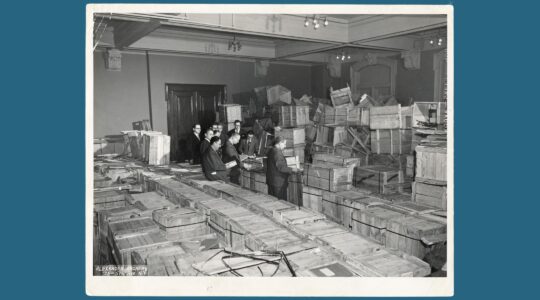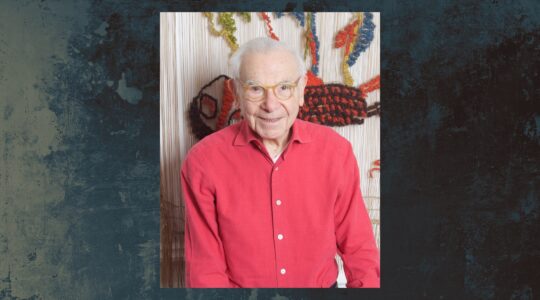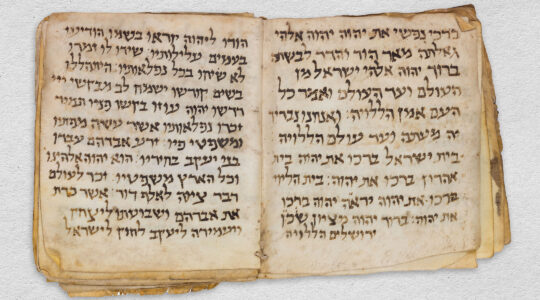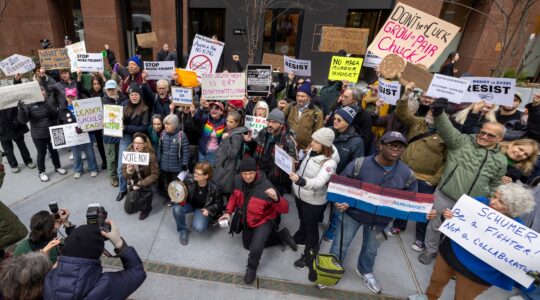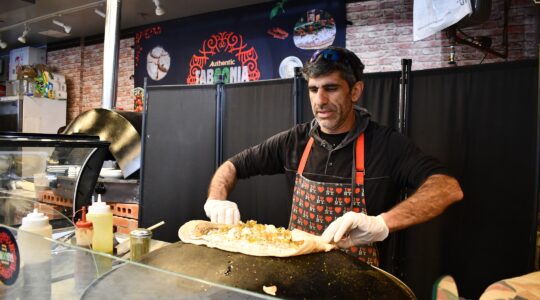Iwas 18 the first time I donated blood. A biology major in college in New York City, I was in perfect health.
I had the great idea that I would donate blood every six months for as long as I was able to.
I donated on my 18th birthday. If I was given the gift of being alive another year, I felt, I wanted to share that gift with others. The needle was small but the gift was large; the experience was wonderful.
I had no idea I would soon be on the receiving end of such life-sustaining acts of charitable donations.
Six months later, on my half birthday, I was diagnosed with cancer, acute lymphoblastic leukemia. Due to the nature of my illness, I suffered from anemia and initially required multiple blood transfusions. I also suffered from thrombocytopenia, low platelets, and required multiple platelet transfusions.
I would not be alive today were not for many generous souls — many of them strangers — willing to share the gift of life with me.
According to the American Red Cross, someone in this country needs blood every two seconds; more than 44,000 blood donations are needed every day; a total of 30 million blood components are transfused each year.
Blood shortages are common, new blood donors are always needed. Giving blood is about a 15-minute process; a single donations can help save three lives, since blood can be separated into red cells, platelets and plasma.
Throughout my leukemia treatment and nearly 10 years of post-treatment recovery, I have had to accept certain limitations. One of the hardest ones is the realization that I will never be able to donate blood again. A history of leukemia, sadly, disqualifies me. I will not be able to keep the promise that I made to myself at 18.
My family shares my interest in life-saving donations.
Eighteen years ago, my husband Ryan’s uncle died, at 49, from a hemorrhagic stroke. Honoring the family’s decision, all of his organs were generously donated; saving multiple lives. Recently, Ryan’s sister completed her nursing degree and was looking for a job as a registered nurse. Desiring to help those most in need, she dreamed of working in an Intensive Care Unit (ICU). But ICU jobs are the most difficult to get straight out of nursing school, since they require the most training.
Last September, when Ryan’s sister was actively looking for a job, she learned from her first cousin — the daughter of Ryan’s uncle — about a fundraising race in which in the cousin was participating to raise awareness of organ donation. Ryan’s sister signed up for the race, where she had the privilege of meeting the man who had received Ryan’s uncle’s liver.
That man, it turned out, was a nurse in the ICU of a prestigious teaching hospital. When he learned that Ryan’s sister was looking for a job, he jumped at the opportunity to help her, to help the niece of the man who saved his life.
After meeting this man, Ryan’s sister applied to the hospital. During her employment interview, she shared the story of how she happened to meet the liver recipient. The interviewer was moved to tears. Ryan’s sister was offered a position in the hospital’s ICU the next day. Now she has the opportunity to save lives, directly, as a nurse.
We usually do not get to see the direct benefits of our good deeds. We hope there is a greater plan, that one good deed begets another, but sometimes the world does not clearly reveal this to us. As a recipient of blood donations, I have seen goodness come full circle. As the recipient of so much good from my family, friends, community, doctors, nurses, medical staff, blood donors, platelet donors, hair donors and so many others, I cannot say enough how thankful I am every day for all the kindness.
Although it has been many years since I have needed a blood transfusion, I remember it like yesterday. I remember watching the red blood drip slowly through my IV lines and thinking about the person who made the donation. I remember feeling so thankful to the kind strangers. I have never met many of the people who helped save my life. I think of these generous souls when I treat my own patients now. Every day I try to pay it forward, helping strangers as strangers have helped me.
Each donation can touch — and save — many lives. If saving one life is saving a world, then donating blood and serving as a potential organ donor is one wonderful way to save our world.
The 12th anniversary of my cancer diagnosis, which is approaching, inspired me to share my story, and my extended family’s story. Since I cannot donate my blood now, I donate my hair — to cancer patients who have lost theirs to chemotherapy. Since my own hair, which I had lost during my treatments, grew back, I have been able to donate it three times. It’s almost long enough for a fourth.
My hair does not save lives, but I can help the morale of people who are going through what I went through. I also have checked the little box on my driver’s license that designates me as an organ donor — in case I can ever save a life with my organs when I no longer have a need for them myself.
Deborah Friedman is a rehabilitation physician in Minneapolis. She chronicled her cancer diagnosis and the kindness she was shown by strangers, including the women of Satmar, in a Healthcare supplement last spring.
The New York Jewish Week brings you the stories behind the headlines, keeping you connected to Jewish life in New York. Help sustain the reporting you trust by donating today.
